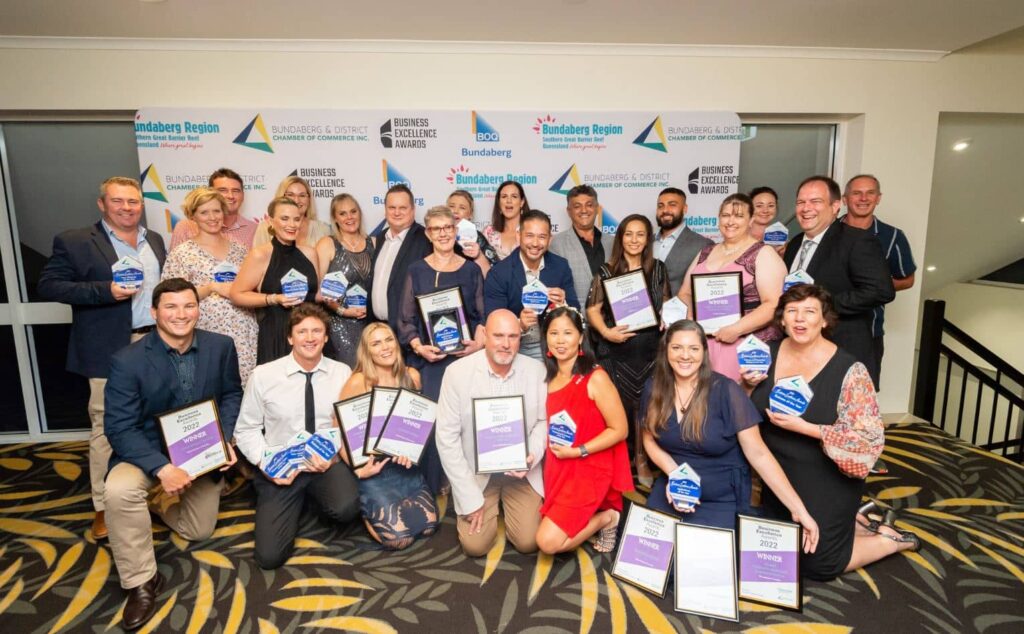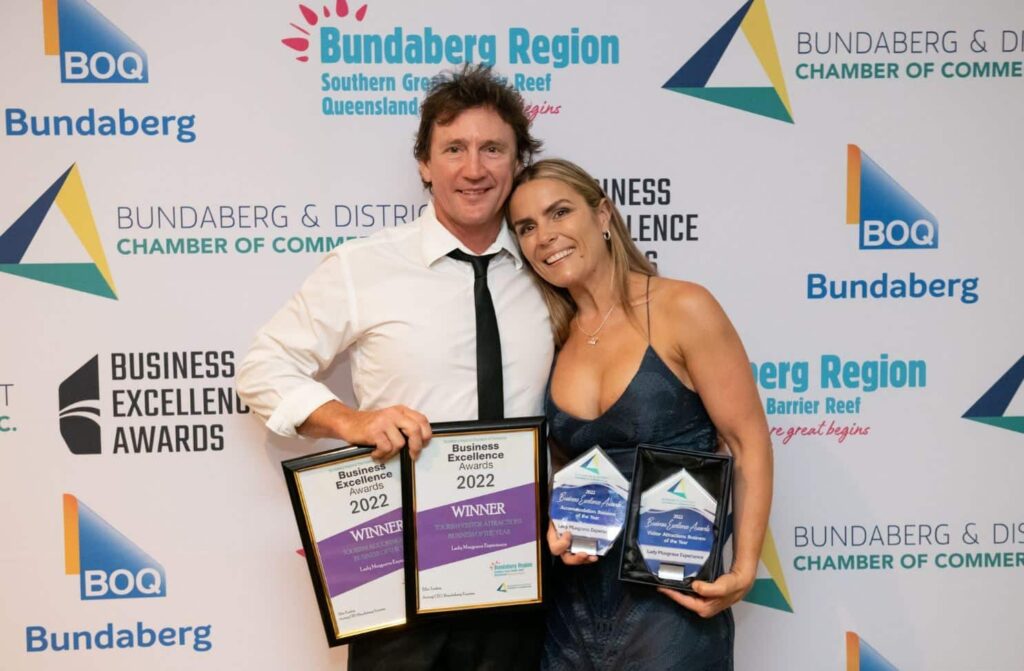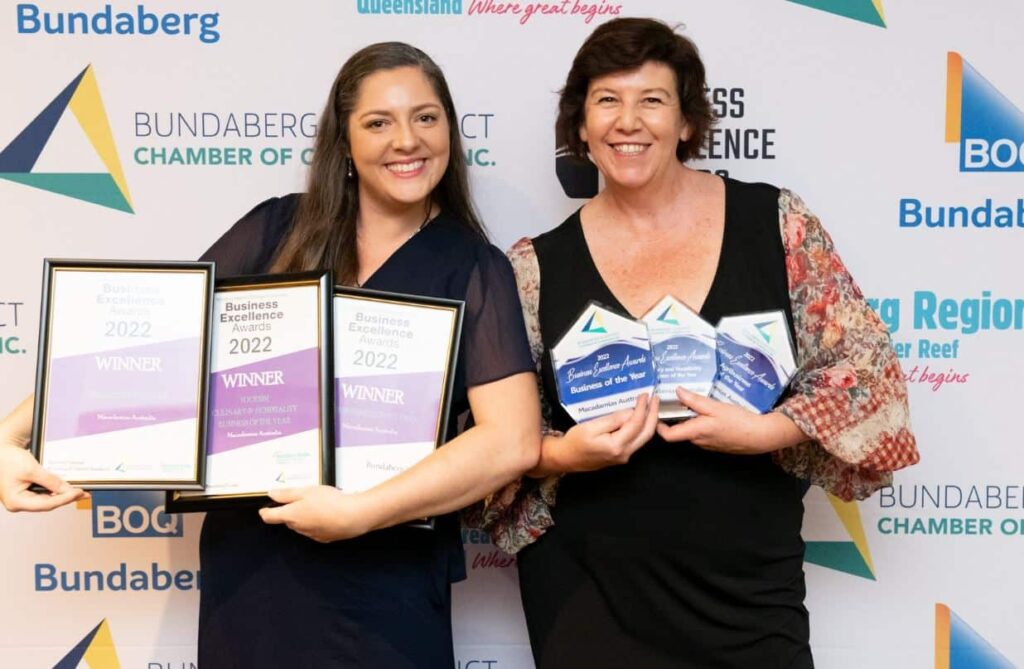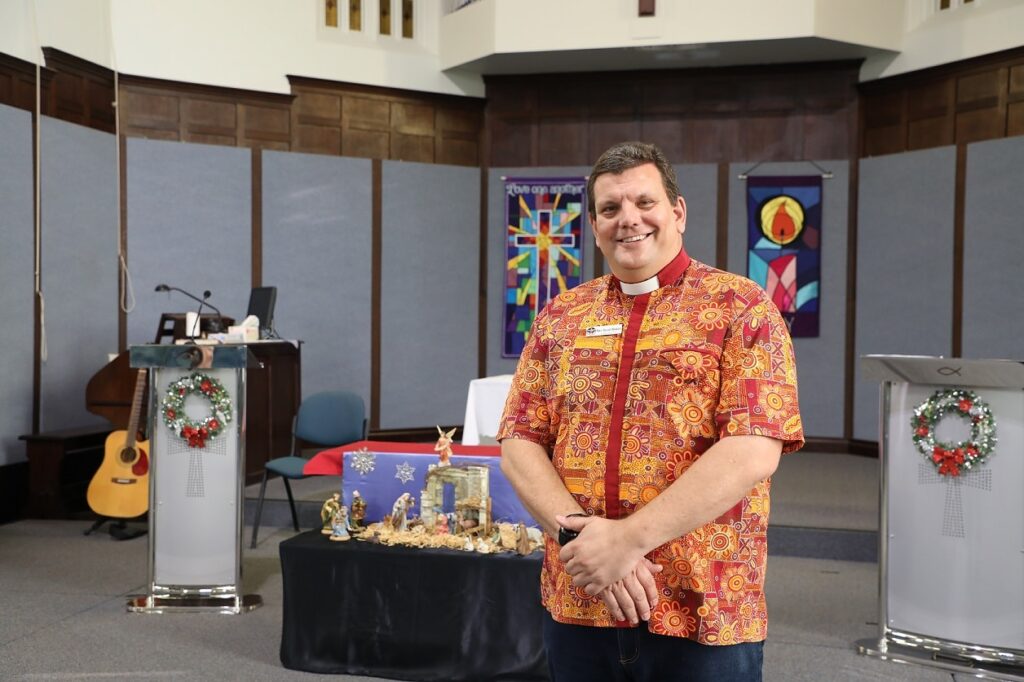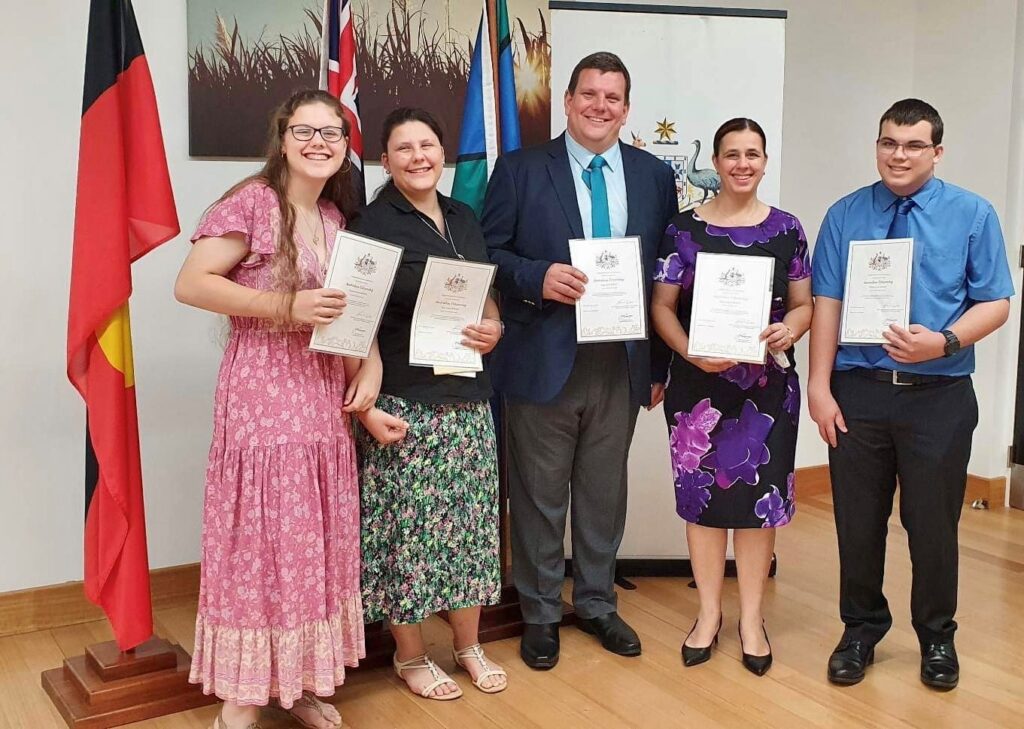The federal National Party says it will oppose a constitutionally enshrined Indigenous Voice to Parliament because it will not "genuinely close the gap".
There has been much discussion about what the Voice will look like, how it will function and whether it will unify or divide the nation.
But what will it achieve in practice?
7.30 spoke to three people who are bucking the trend and closing the gap in their communities about whether the historic proposal had the potential to make an impact.
Preston Parter, Birri Gubba: school principal
When the question is put to Preston Parter, he gives a cautiously optimistic answer.
"I hope it trickles down from policy to the groundwork … we'll see," he says.
The Birri Gubba man is the principal at Eidsvold State School, which is attended by about 120 predominantly Indigenous students in rural Queensland.
Six years ago the school started a program to revive the local Aboriginal language, Wakka Wakka.
It was transformational.
More kids are going to school, enrolments are up and incidents involving bad behaviour have dropped 40 per cent.
But Mr Parter says the true impact cannot be measured in statistics.
"A lot of people walk into our school and say, 'Oh gee, it feels nice here.'
"It was something I didn't get six years ago.
"It's something really special for the community."
But there were challenges to get to this point, as the school tried to weave language elements into daily lessons within the parameters of the existing curriculum, while also adhering to cultural protocols.
And despite the positive outcomes, language programs like this remain rare in Australian schools.
Mr Parter says the Voice to Parliament could change that by encouraging policymakers to adopt similar programs nationally.
"I'm hoping that what feeds back through the Voice to Parliament … shows what can make an impact, and then it's embedded in what we do and it's the norm," he says.
"We haven't seen much of a closing of the gap in health or education in the last 10 years.
"What we're doing here is a really good way to help our students do better and close that gap — and if every school was like that, we would do pretty well."
Nathan Martin, Yuin: entrepreneur
Nathan Martin freely admits he is not an expert on the Voice to Parliament.
"I have heard of it, but I [don't] really know much about it," he says.
"And it's funny because I did ask 10 people that are in my life in different ways, and not one of them could give me an answer.
"To me, that seems like a bit of a let-down on the communication that has gone out around it."
The Yuin man runs a network of businesses offering subsidised training for young Indigenous people and linking them with construction jobs.
He came up with the idea seven years ago while he was serving time at Sydney's Long Bay prison.
He had been convicted of commercial ecstasy supply and attempting to knowingly take part in the supply of firearms.
"I got a seven-and-a-half-year prison sentence where I had to do four years' minimum non-parole [jail time]," he says.
"I decided, 'This is not what I want to do and not where I want to be.' So what was I going to do to change my life?"
A year after his release, he founded his first recruitment company, Yalagan.
His latest venture provides training for people in prison and helps them find jobs when they're released.
"We are the most over-incarcerated people on the planet, and I think that is one of the key things that need to be addressed in this country," he says.
Mr Martin believes the Voice could be part of the solution.
"For a long time, we've been told what's good for us," he says.
"I really do think that we need our own Voice in parliament, so that we can say what is good for us.
"I think that's the role reversal that needs to take place."
But he says there needs to be more education about what the Voice is, and how it would work.
Kristie Watego, Bundjalung: health program manager
Kristie Watego has similar concerns about how the Voice will represent the hundreds of Indigenous language groups across the country.
"What I need here in south-east Queensland is very different to someone in the Pilbara, or in Tasmania, so that is concerning for me," she says.
The Bundjalung woman manages a maternal health program called Birthing in our Community, which is run by the Brisbane-based Institute for Urban Indigenous Health.
It supports parents of Indigenous babies from pregnancy through to their child's third birthday, providing wrap-around care from mostly Indigenous staff at community service hubs.
In almost a decade, preterm birth rates for mothers in the program have halved, meaning babies are born healthier and are less likely to develop chronic disease later in life.
Courtney Conlon had her third child through the program, and now manages one of the hubs in Brisbane's south.
"Every mum that comes through the door – whether she needs intense support, or just someone to navigate the health system … we're not focusing on the statistics at all, we're just focused on how we're making that mum feel," she says.
The program is now set to expand, but for years it had struggled to get secure funding.
Ms Watego hopes that fight will become easier through the Voice to Parliament.
"The struggle we've had over the last couple of years is actually getting the opportunity to be heard, and to be acknowledged for the work that we have done," she says.
"If the Voice provides a platform for those particular outcomes to be heard, then that's a great thing."
But she is bracing for a divisive debate as the referendum draws closer and the "no" campaign ramps up.
"It is a constant conversation that we as blackfellas have about justifying who we are, where we come from — and continuing that fight is exhausting," she says.
"And if it doesn't work out the way we would like it to, what's the impact of that to the community?
"We have been fighting for our voices to be heard forever, and for that to be squashed would be heartbreaking."
Successive governments have tried and largely failed to improve outcomes for Indigenous people.
The Voice to Parliament has been touted as a turning point, but whether it fulfils that promise remains to be seen.
Australians will vote on whether to enshrine the Voice to Parliament in the constitution within the next 18 months.
Watch 7.30, Mondays to Thursdays at 7:30pm on ABC iview and ABC TV
What will the Indigenous Voice to Parliament achieve? Three local change-makers weigh in - ABC News
Read More





